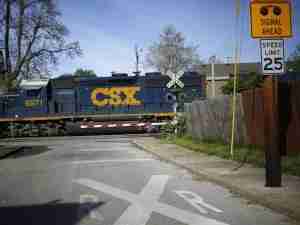The critique was written by Ronald Knipling, Ph.D, an independent consultant with 30 years of experience in traffic and motor carrier safety. Dr. Knipling has held senior government, university, and consulting positions, including 12 years with the U.S. Department of Transportation. His critique points out many shortcomings and inadequacies of the study that is being used by some groups to call for ending the HOS exemptions.
'It seems unwise to base a regulatory and economic decision as significant as revocation of the short-haul agricultural HOS exemption solely on (inadequate) statistics,' Knipling concluded. 'Imposing new agricultural HOS regulations would likely have little measurable effect on short-haul trucking safety.'
Knipling's conclusions follow a recent letter signed by 50 agricultural organizations sent to leaders of the House Transportation and Infrastructure Committee that expresses support for maintaining the agricultural hours-of-service exemption during the transportation authorization debate.
The Safe, Accountable, Flexible, Efficient Transportation Equity Act: A Legacy for Users exempted agricultural carriers from the hours-of-service regulations if they operated only within a 100-air-mile radius from their central base of operation. Congress overwhelmingly supported this policy as evidenced by the 257-167 vote on Amendment 4 to H.R. 3 that took place March 9, 2005.
'This exemption provides the flexibility that is essential for American agriculture to get crops in and out of the field and provide us with the food, fiber and biofuels that are part of our daily lives,' said Russell Laird, Executive Director of the AFTC. 'Dr. Knipling's analysis provides a solid academic review of the safety issues that some have alleged.'
The AFTC actively promotes safety in agricultural trucking, recently releasing the Manager's Guide to Safe Trucking During Agricultural Planting and Harvest Season. Available free for download at AFTC's webpage, this guide provides educational resources for truck drivers and their managers in the agricultural industry, encouraging active strategies to improve safety during peak times of production.







